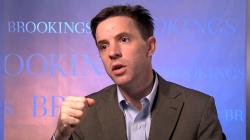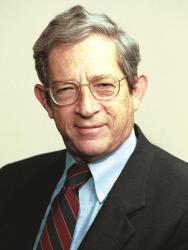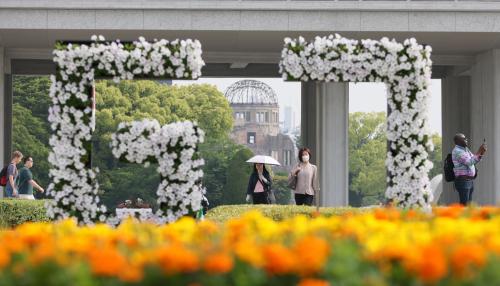

9:00 am EDT - 3:30 pm EDT
Past Event
9:00 am - 3:30 pm EDT
1775 Massachusetts Ave., NW
Washington, DC
A transformed alliance of the world’s two largest economies—Japan and the United States—could have far-reaching effects on issues such as trade, development, climate change and international security. On May 8, the Center for Northeast Asian Policy Studies at Brookings and the Slavic Research Center at Hokkaido University hosted a forum to examine the U.S.-Japan alliance and its potential for addressing issues beyond the Northeast Asia region.
A distinguished panel of Japanese and American experts discussed how the alliance can be relevant to new global challenges in various regions.






Cheng Li, Xiuye Zhao
June 14, 2023

Pavel K. Baev, Jessica Brandt, Daniel S. Hamilton, Patricia M. Kim, Adam P. Liff, Natalie Sambhi, David G. Victor
May 19, 2023
2023
Online Only
10:00 am - 11:15 am EDT